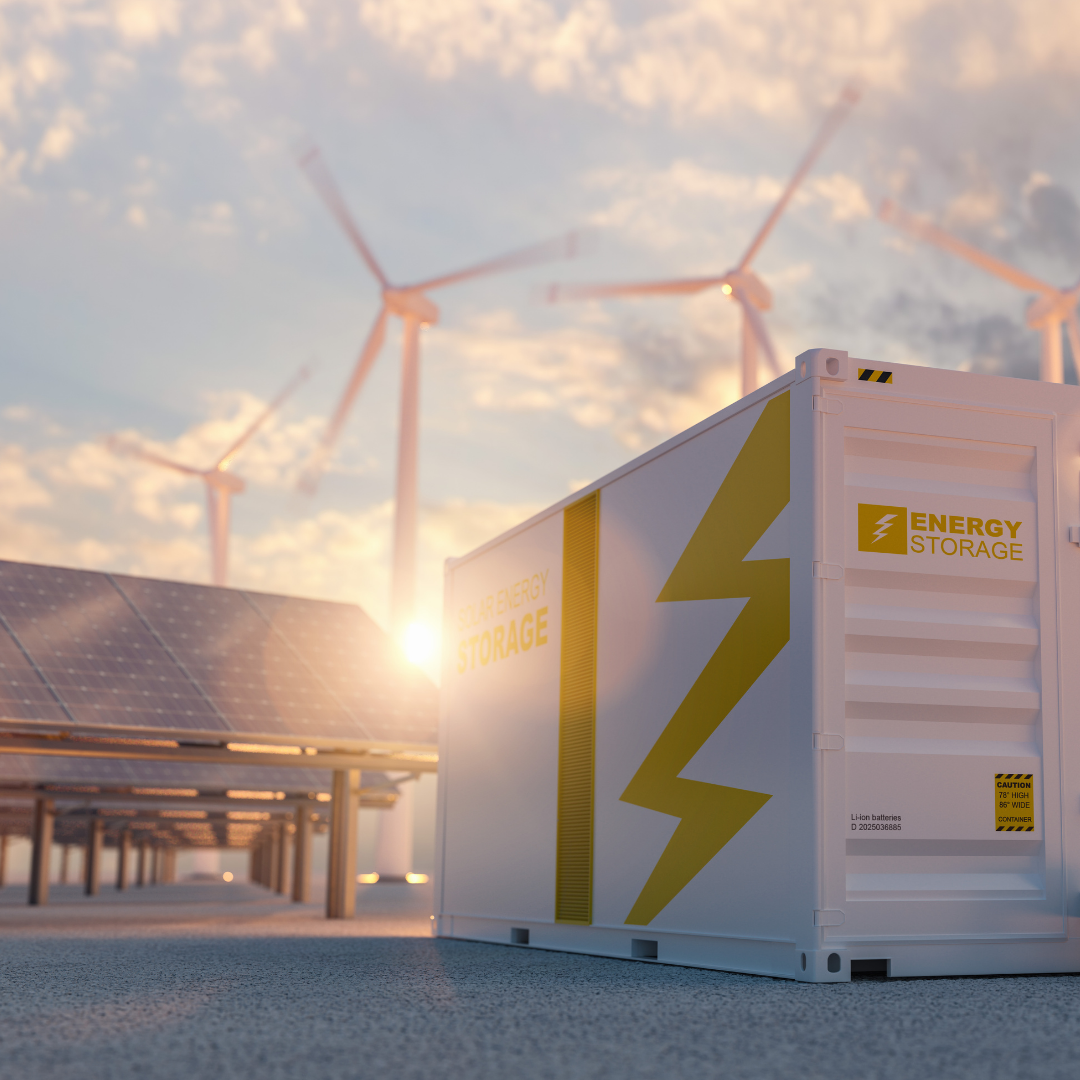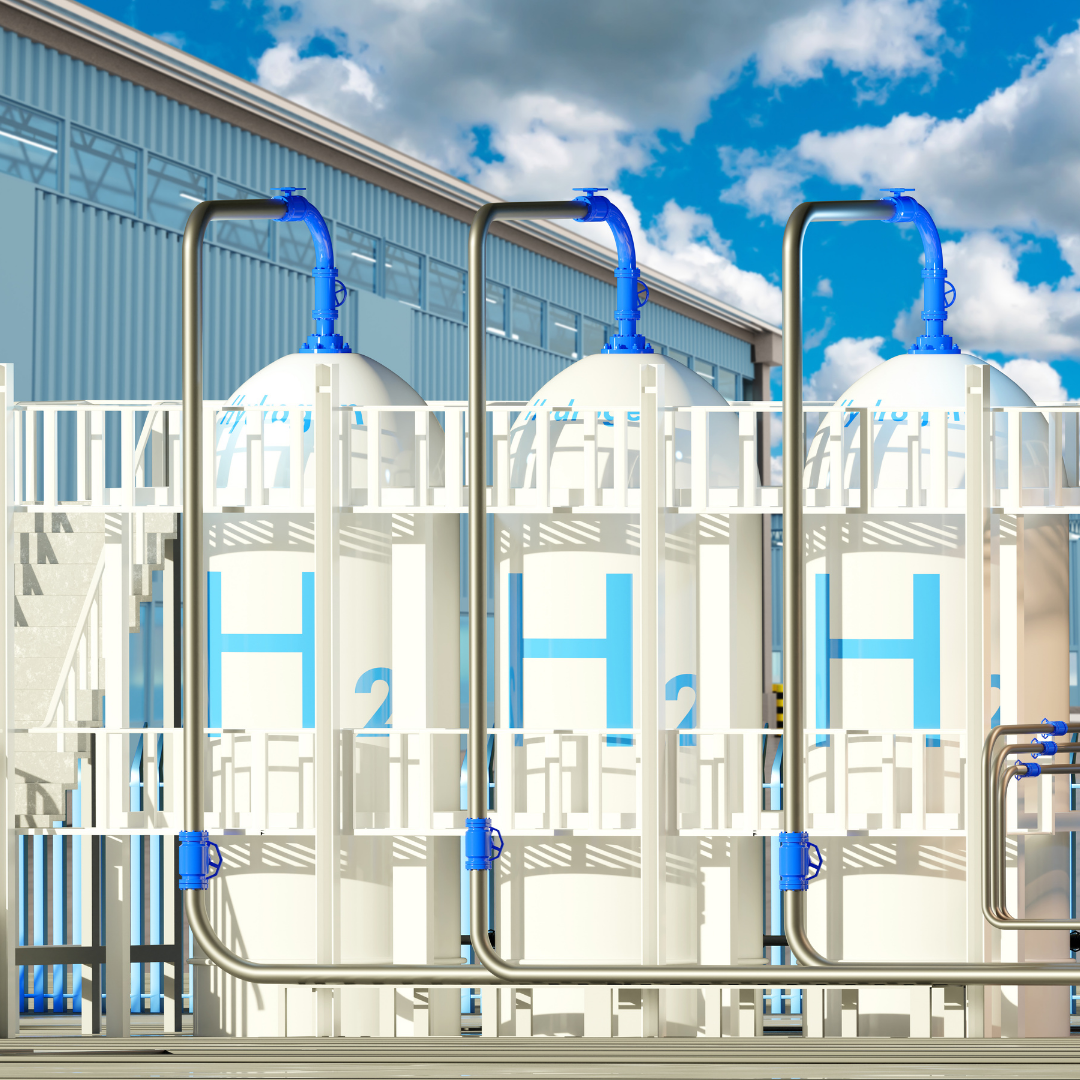
Introduction of New Energy Trends: From Carbon Capture to Hydrogen Economy
Date: To be confirmed
Duration: 7 Hours
Mode Of Delivery: Face-to-Face
Tuition Fees: S$850.00 (Before GST)

What You Will Learn
At the end of the course, the participants will be able to: 1.Understand the mechanism of global warming, the role of anthropogenic activities in its rise, and why CO2 is the main target. 2.Explain the working principles of different technologies for reducing CO2 emissions and atmospheric CO2 reduction. Particularly for the hydrogen economy, understand the advantages of using hydrogen as a green fuel, and be familiar with the ecosystem of a sustainable hydrogen economy, e.g., production, storage & transportation, and utilization. 3. Analyze and evaluate the renewable and low CO2 emission alternative energy technologies and utilization options. For green hydrogen technologies, understand simple life-cycle analysis and technoeconomic assessment for model systems. 4. Introduce the general technological & engineering challenges ahead for establishing a hydrogen economy. 5. Connect the ideas in this module to give informed opinions on zero-carbon future pathways.
Who Will Benefit
Professionals from energy-related industries
Entry Requirements
-Bachelor's Degree in Science, Technology, Engineering or Mathematics (STEM) preferred. Other disciplines will also be considered OR
-Work experience in related industries
Instructor

Assoc Professor Zhao Dan
Dan Zhao obtained his Ph.D. degree in Inorganic Chemistry under the supervision of Prof. Hong-Cai Joe Zhou at Texas A&M University in 2010. After finishing his postdoctoral training at Argonne National Laboratory, he joined the Department of Chemical & Biomolecular Engineering at National University of Singapore in July 2012 as an Assistant Professor, and was promoted to Associate Professor with tenure in July 2018. He started to serve as an Associate Editor of Industrial & Engineering Chemistry Research in June 2021. His research interests include advanced porous materials and hybrid membranes with applications in clean energy and environmental sustainability.

Asst Professor Wang Lei
Unprecedented motivations in pursuit of net zero carbon emission have been emerged globally in recent years. However, it is also an unprecedented challenge, as the world have to eliminate tens of gigatons of carbon emission every single year. As scientists and engineers, we must develop alternative energy technologies that are economically competitive to relieve our dependence on carbon-based fossil fuels. Dr. Wang’s laboratory focuses on developing catalytic processes that can store clean energies (i.e., solar, wind, etc.) into the form of chemical fuels with high energy densities, as well as the reverse processes that can efficiently extract the clean energy out of these chemical fuels. These technologies that can help change the energy landscape, and eventually contribute to the carbon emission reduction.
Available Discounts and Benefits
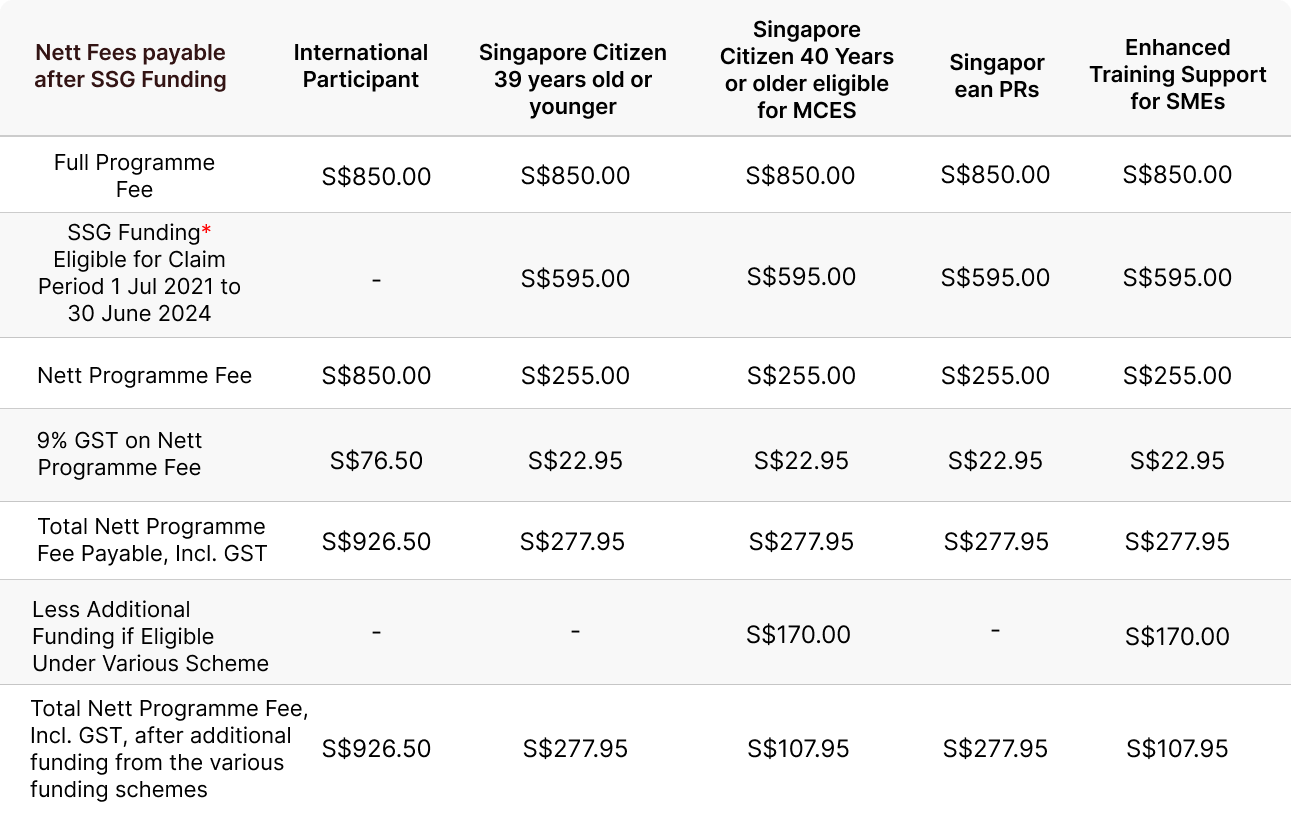
Notes
Course Code: TGS-2022012284
*Learners must fulfill at least 75% attendance and pass all assessment components, to be eligible for SSG funding.
**Please note that the mode of delivery is subject to change in light of the COVID-19 situation.
Courses marked ‘online’ may have compulsory face-to-face sessions such as laboratory or hands-on components and details should be sought from the schools or departments before learners register for them.
Related Programmes
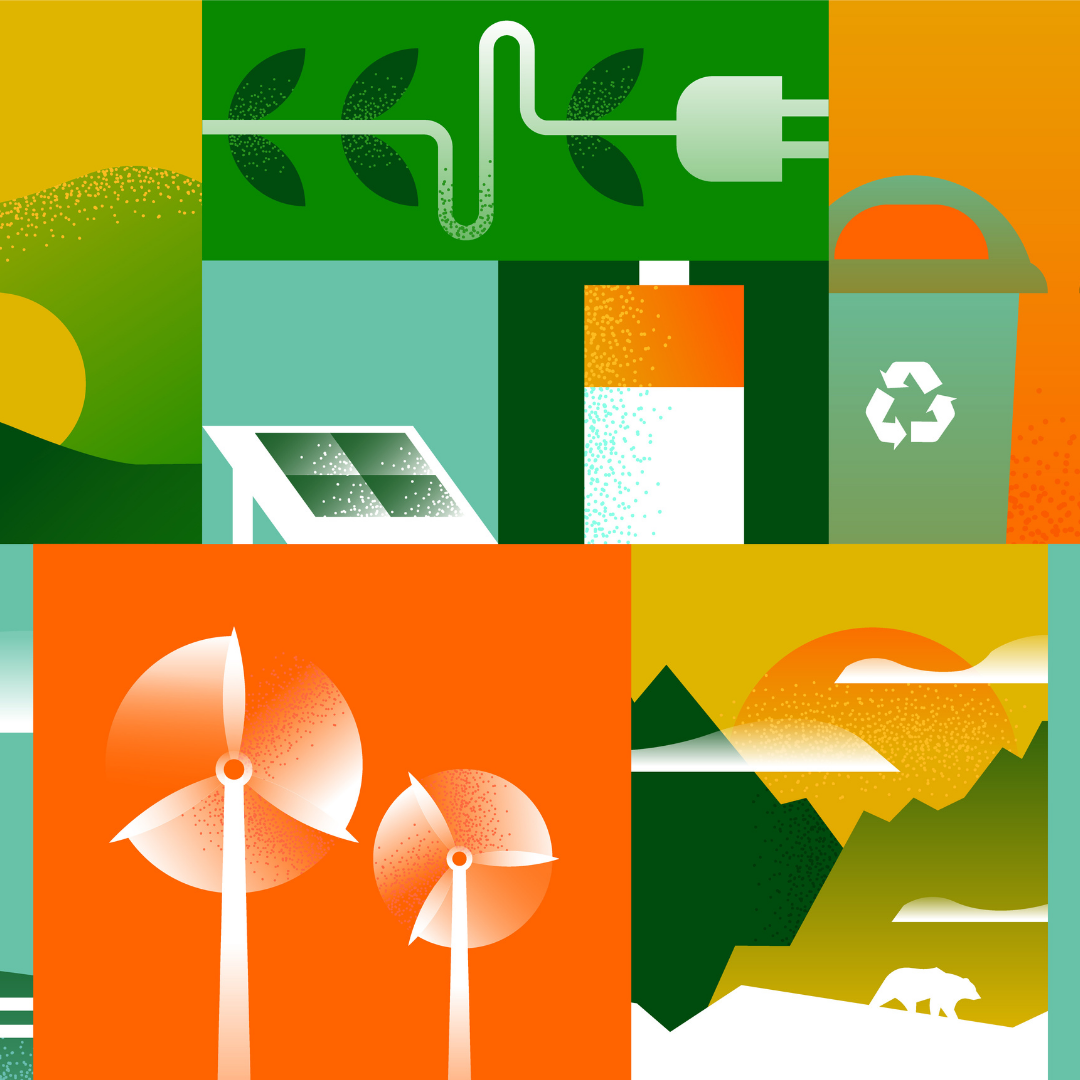
Understanding Energy Systems for Decarbonisation
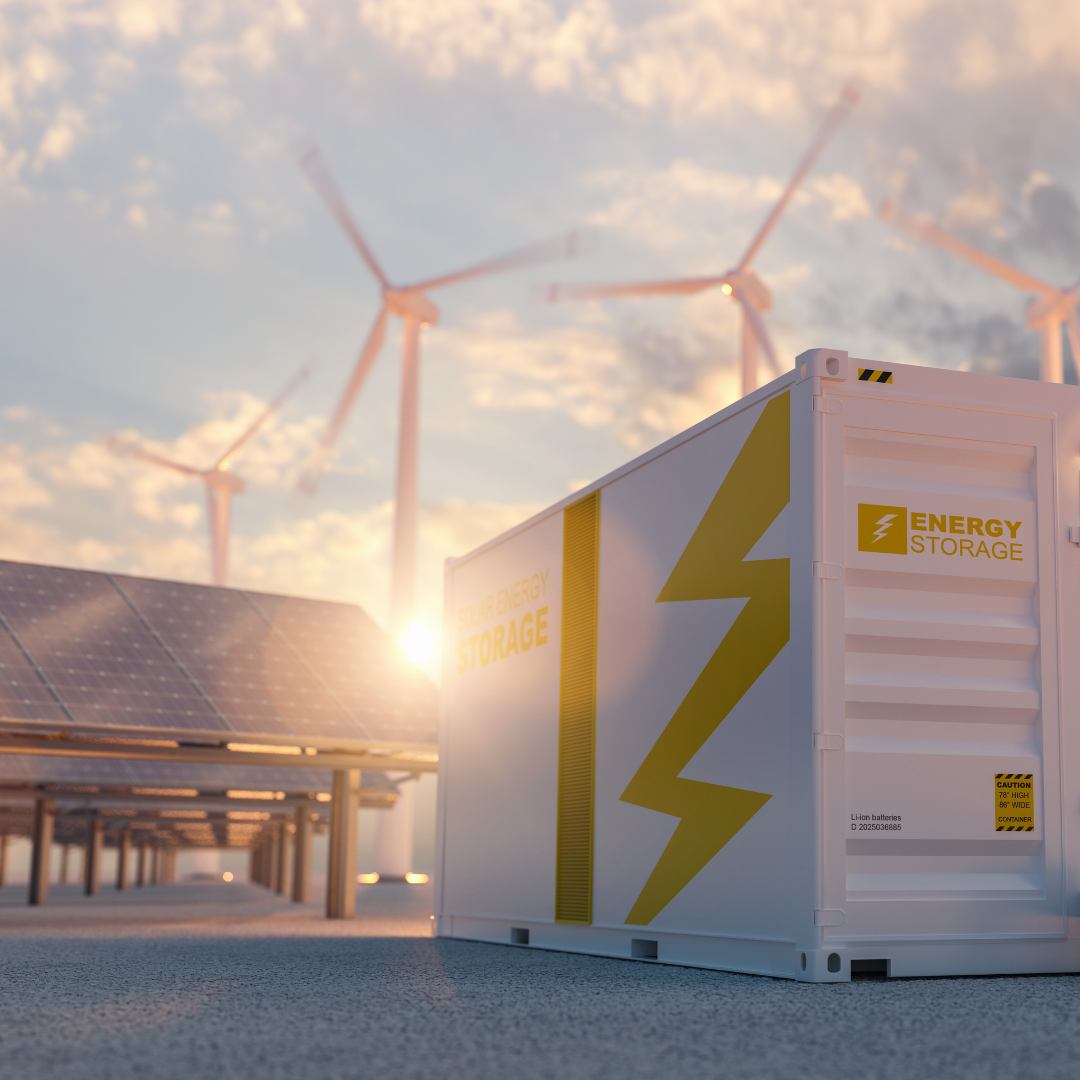
Energy Storage for Green Technologies
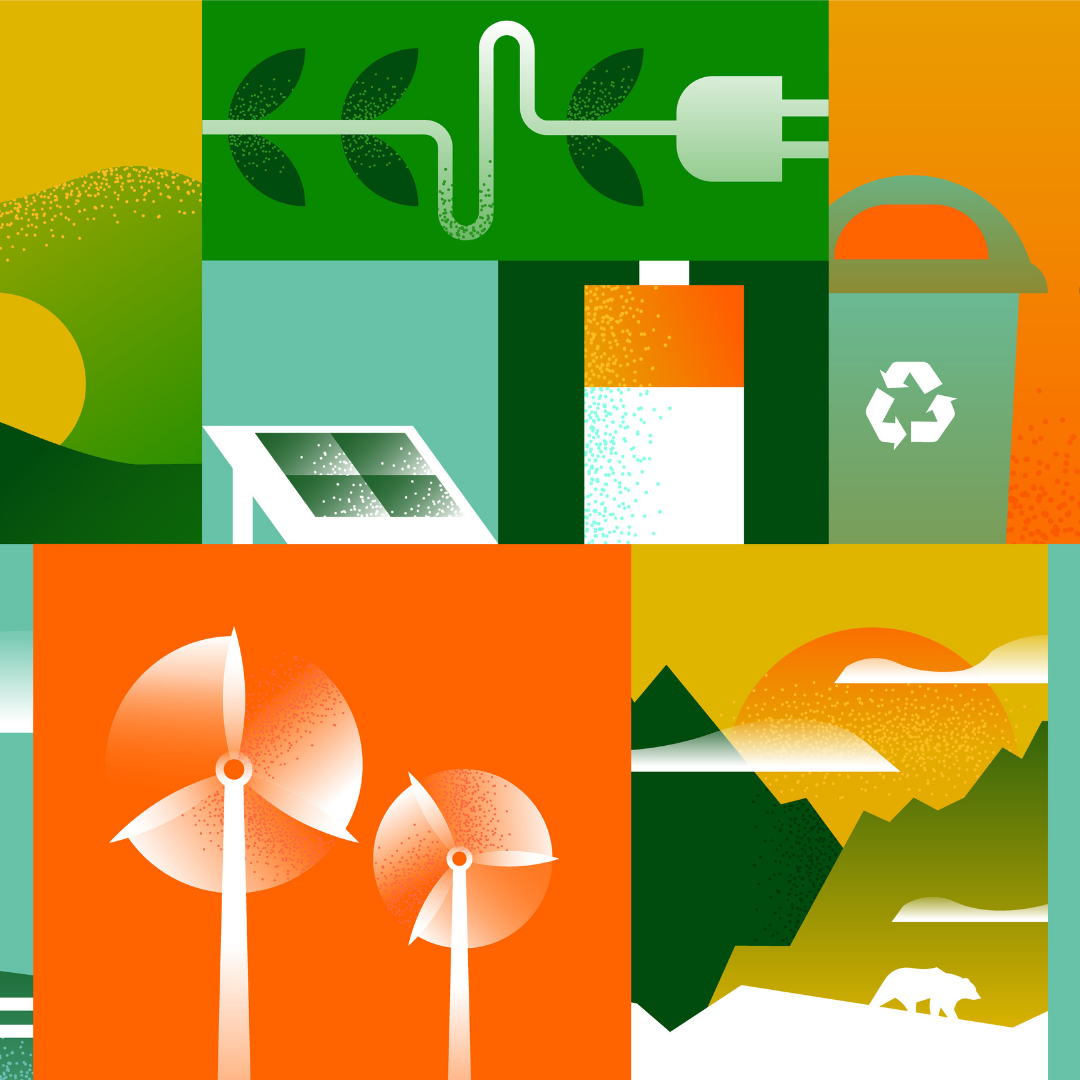
Understanding Energy Systems for Decarbonisation
